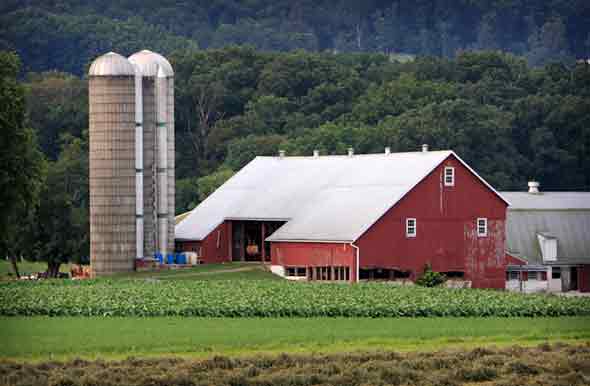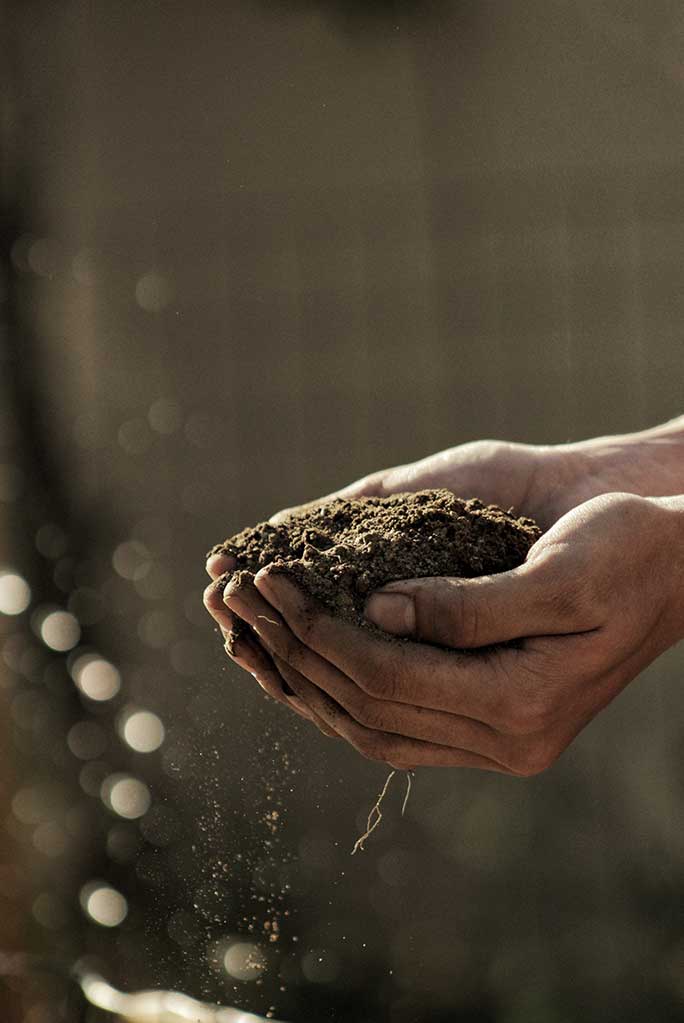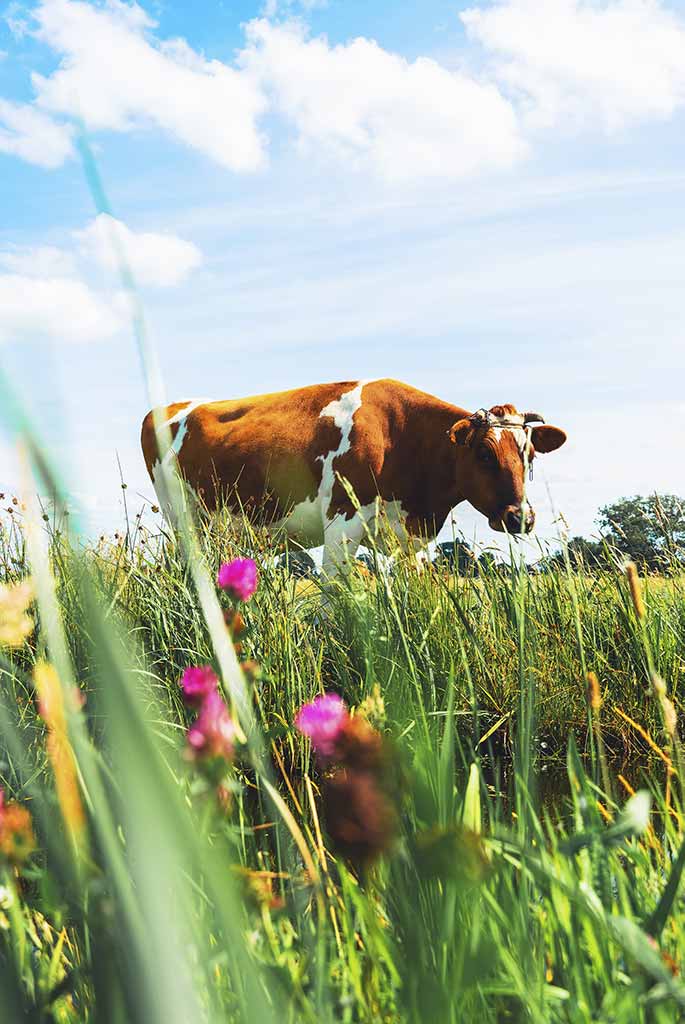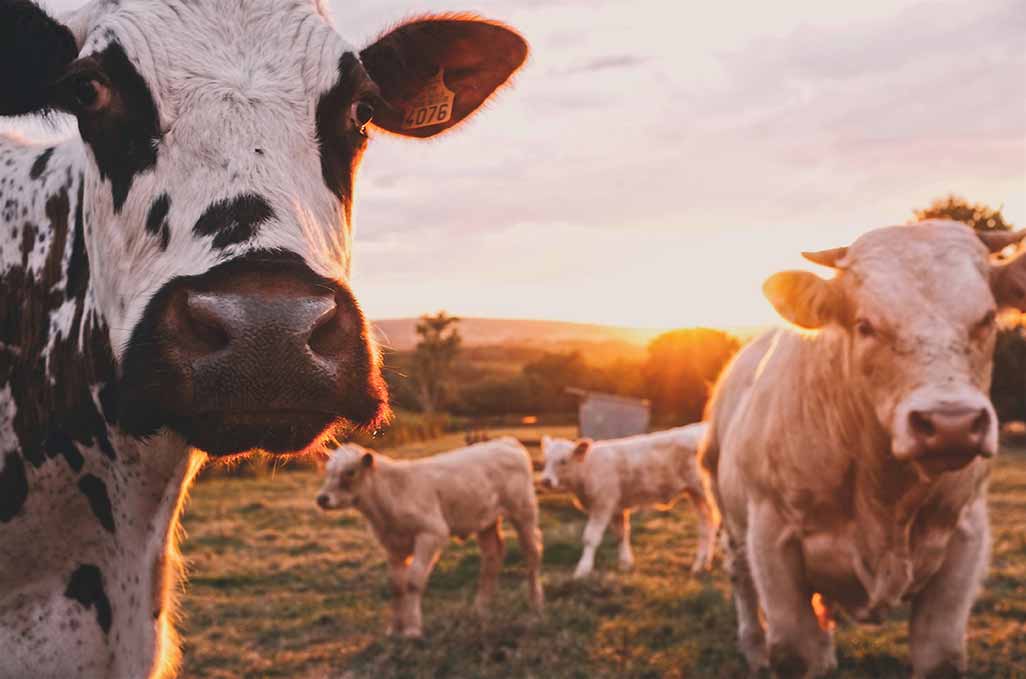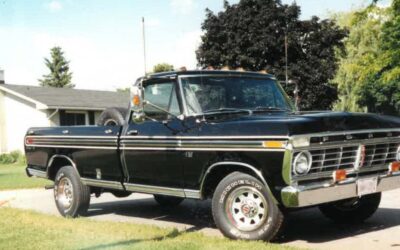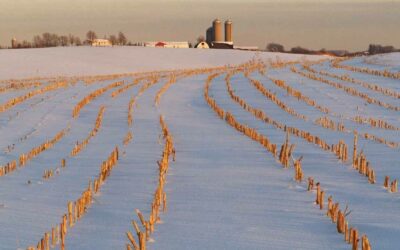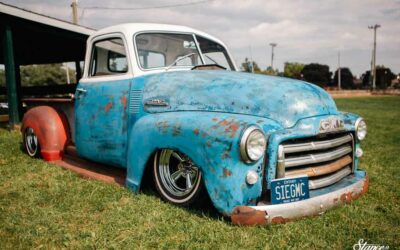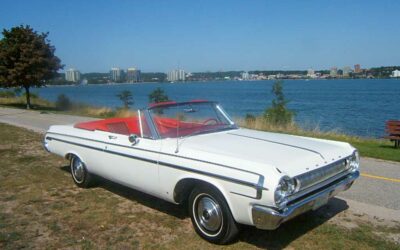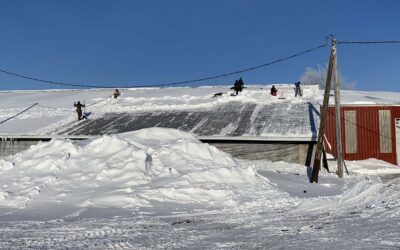By Greg Pennings, Zehr Insurance Brokers Farm Insurance Underwriting Manager.
Do Farmers need Equipment Breakdown Coverage?
At Zehr Insurance Brokers, We understand that farming is an equipment intensive business. With the pressure for greater output and efficiency, equipment is being worked harder and in long time periods, often in harsh conditions. Your farm equipment is breakdown prone when under these conditions.
Equipment breakdown insurance protects you against most common risks on your farm operation that you really don’t think about until it’s too late and are normally excluded under your standard farm policy.
Most farmers operating a modern agricultural business means investing in the necessary equipment to operate. Take a moment to survey your farm, look around, automated watering and irrigation systems, computerized feeding systems, heating and cooling systems, power generators, milking equipment, refrigeration compressors, pumps, conveyors and circuit breaker panels, GPS systems etc. There’s an endless list of equipment and technology that farmers use to operate their farm to help plant or harvest crops, raise livestock, or keep their produce fresh. When farm equipment breaks down, it can make farm operations and farm income come to a complete stop. By having Equipment Breakdown coverage, you can keep your farm running, even if your equipment isn’t.
What do you mean, you ask? Have you thought about mechanical breakdowns or electrical breakdowns, Boiler and pressure vessel bulging, cracking or collapsing? What about a breakdown of business computers and data restoration?
Consider these scenarios:
- An ice making system with a 40hp compressor that is used for packing fresh vegetables sustained damage. Liquid refrigerant entered the systems compressor, causing damage to the pistons and values – Total replacement of the compressor was required – Total loss paid: $19,000
- Arcing caused power outage to dairy farm and could not use the robots to milk an 400 cow herd for 1 day – Total loss paid: $70,000
- Overloading of a grain elevator caused a crack in the main gearbox – total loss paid: $9,422
- Transformer shorted out by a power surge in a poultry barn. A rental generator was needed while the replacement was on order – Total loss paid 22,000
- Refrigerated milk tank at a dairy farm – The stainless steel needle found in the valve on part of the milking system snapped. This allowed the pressure regulating device to be displaced. A vacuum developed within the tank and as a result, the tank collapsed. The tank needed full replacement – Total loss paid – $42, 383
- During a cold winter, sediment build-up caused a boiler to crack. Repairs had to be immediately to restore to operation – Total loss paid $3,600
What most people forget is that this coverage also provides for other financial losses that result from the equipment breakdown. Coverage is included for loss of farm income as well as extra expense incurred to keep your farm operation running such as renting equipment while your broke down equipment is being replaced or repaired. These exposures are normally excluded in your regular farm policy.
With computers now more and more common on farms, technology plays a very important role in production. Sensitive electronic circuits are more susceptible to damage from power surges and all the mechanical equipment it takes to run a farm. Equipment Breakdown is a risk that you really can’t afford and is a recommended coverage today, more than ever.
As a farm insurance specialist and talking with farmers about equipment breakdown coverage I have heard things such as; “My Equipment is brand new so I don’t need the coverage” or “My equipment is covered under a warranty or full service contract”.
Yes, Equipment can be brand new, but it is still likely to breakdown. The question becomes “When”.
It is very important to read what is and isn’t covered in your equipment warranty very carefully. Some of the main things that aren’t covered in a warranty are Business Interruption (Loss of Income), Resulting Damage and Operator Error, which means if the damage to the equipment is found to be caused by the individual operating it, your warranty won’t cover the repair or replacement costs. 35% of all equipment breakdown accidents are as a result of operator error. Equipment Breakdown coverage will cover these situations.
We recommend Equipment Breakdown coverage to be added onto a farm policy. Please speak to your broker and ask if this coverage is right for you.
Why do I have to insure my new dairy barn to that limit?
Has your broker mentioned co-insurance to you? If you see this clause on your farm policy, your insurance coverage may be limited. What do you mean, you ask?
Co-insurance is an agreement between you (the policyholder) and the insurance company advising that a minimum amount of insurance must be purchased to replace the property that you own in the event of a loss. If you look at your policy declaration page, you might see co-insurance clause with a percentage beside it, usually between 80% and 100%.
For example, a building valued at $1,000,000 replacement with an 80% co-insurance clause must be insured for no less than $800,000.
What do you mean by co-insurer? If you chose to insure for less than the amount required by the co-insurance clause, then you are agreeing to retain part of the risk yourself rather then transfer it to the insurance company. Essentially you will share the loss with the insurance company.
Consider this scenario:
A dairy farmer experiences a loss due to a fire on his 15 year dairy facility. It was determined that the replacement cost of the dairy facility was $1,000,000 with an 80% co insurance clause and was insured for 750,000.
Building value – $1,000,000
Co-Insurance requirement – 80%
Required amount of Insurance – $800,000
Actual amount of Insurance – $750,000
Amount of Loss – $450,000
The co-insurance formula is:
(Actual amount of Insurance / Required Amount of Insurance) X (Amount of Loss)
($750,000/$800,000) X 450,000 = $421,875
By the above example, the dairy farmer absorbs a $28,125 co-insurance penalty. If the dairy farmer insured his barn to the co-insurance requirement of $800,000 then he would not be a co-insurer and his claim would have been paid without a co-insurance penalty.
Co- insurance is one of the most misunderstood and confusing terms in insurance. Your broker will advise you of the steps to take to ensure your property is insured accurately and when a loss happens, you can have peace of mind when the adjuster calls and says “We have reviewed your limit of insurance on your dairy barn and the claim will be paid in full”.
What is your Indemnity Period under your Business Interruption Coverage?
If your barn catches on fire tomorrow, are you prepared? Do you have Business Interruption Insurance on your farm policy? What is your indemnity period? What do you mean you ask?
Business Interruption insurance (also referred to as loss of income) is a type of insurance that covers the loss of income that a business suffers a after a disaster. Having business interruption insurance may be what stands between the survival or the collapse of your farm operation.
Insurance companies determine your business interruption limit by your gross profits or gross receipts depending on the coverage you purchase. As important as getting the limit insured correctly, it is just as important to ensure that you have the right indemnity period for your operation.
What do you mean by Indemnity period? The indemnity period is the maximum length of time specified in months, that your policy will support your loss of income after an insured event causing an interruption to your farming operation. It not only covers the period which it takes to rebuild a damaged building or replace livestock, it is the period which you expect your farm operation will be back to the same position as it was prior to the loss.
The usual and most common period is 12 months, but the question is whether 12 months would be enough time to get your farm operation back up and running to the same point it was prior to the loss, Often times its not!
Have you considered 18, 24 or even 36 months as your indemnity period? Here’s why you should!
You just had a total loss on your 300 herd dairy barn facility. Now what!! You lost your livelihood and your employees with 2 kids each lost their job on the farm. You got mortgage payments, family, endless amounts of bills coming out of account and now you have a barn to replace. How long is that going to take? A month, Six months, One year? Two years? If you’ve said anything less than a year, you’re majorly underestimating how long it would take to be put in the same positon as you were prior to the loss.
When someone experiences a total loss, there’s generally a strong emotional response from family, friends, neighbours, and other farmers to help you in any way that they can. They can usually help for a day or two, but after that they are back to their normal daily routines.
The length of your indemnity period is important and the worst case scenario should be considered such as:
- Time for Insurance claim to be Set up
- Time to meet with Insurance Adjuster
- Time to think and make decisions
- Time to clean up debris
- Time to get engineers and architects to design and approve new building structure
- Time to get a Nutrient Management plan completed and approved
- Time of a building contractor
- Time to find replacement machinery and equipment
- Time to replace livestock
- Time of year
- Time to retrain staff to operate new equipment
- Time to get you back in the same financial position prior to the loss
In my experiences, 12 months no longer cuts it.
If you are unclear about business interruption or indemnity periods please speak to your broker. They will be able to advise you on the best course of action and what level of coverage would be most appropriate for your operation.

